Cheap sale... still happy
Along Nguyen Huu Tho Street (Nha Be District, Ho Chi Minh City), if before the names of project owners such as Hoang Anh Gia Lai, Phu Hoang Anh, Phu Long, Tai Nguyen, Novaland ... appeared densely, now they have gradually disappeared. Instead, there are foreign enterprises such as Phu My Hung (Taiwan), GS (Korea), Keppel Land (Singapore). A change of name and owner is taking place quietly but quickly between domestic and foreign enterprises. Among them, many projects are transferred at unprecedentedly low prices.
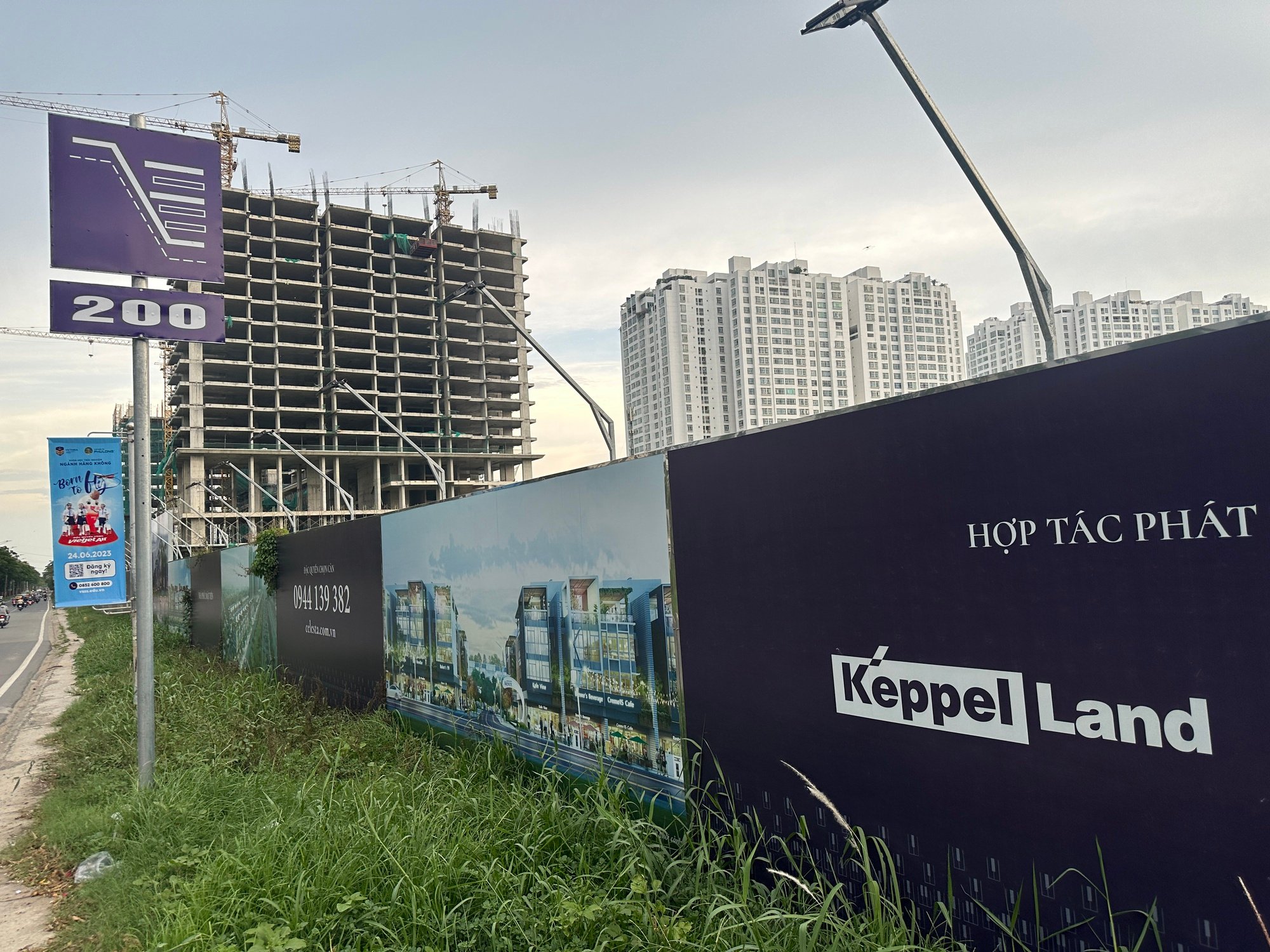
Many projects have been acquired by Keppel Land.
The leader of a real estate corporation in Ho Chi Minh City said that he had to sell some of his most beautiful projects to Keppel Land to get money to pay off the principal and interest to the bank. When asked about the selling price, he sadly said that if the market price was 10 dong, he would now sell it to a foreign partner for only 6 dong.
"Currently, domestic enterprises no longer have money to implement projects. Even if they had money, they wouldn't dare to do it because no one is sure they can sell products in the current situation. They can't move forward, they can't move back. So they'll just sell to ease their minds," he clicked his tongue, unable to hide his sadness.
This person also admitted that it was regrettable, but in the context of having to pay but no revenue, if the project was left there, the bank interest would be "eaten" in 1 or 2 years, so selling it cheap was also a joy. According to this person, not all projects are invested in by foreign enterprises. They only prioritize projects with legal documents. It is worth mentioning that because they have control over domestic companies that are "hungry for money", foreign enterprises put pressure to buy projects at cheap prices.
"My family has a jar of rice. When we run out of rice, we have to borrow from our neighbors. But we can only borrow it once or twice, then they run out of rice and so do we because we have nowhere else to turn. That's why some businesses die in 6 months, some in 9 months, some in 1 year. So now, even though the price is cheap, we have to sell it off to get money to buy rice to survive," this person bitterly compared.
In fact, just by observing reality, it is not difficult to see that many famous projects have changed their names, which means changing owners. It is just that the companies do not announce it. Even Novaland Group, a big brand in the real estate market, has had to sell many of its projects to Gamuda Land Group from Malaysia.
The difficulties have lasted too long and there are no positive signs for the output, so at the present time, many businesses are running around looking for partners to "sell themselves". The leader of a large real estate group in Ho Chi Minh City lamented that he offered his projects to foreign partners at cheap prices but no one bought them, and no one has cooperated to invest because the projects have not completed the legal procedures and have not paid the land use fees. Or like DK Group, for nearly a year now, they have been working with a Japanese partner to invite capital contribution or sell the project outright; DK will be responsible for the entire sales process, although the profit is divided according to the contribution ratio, but until now they have not yet closed the deal, they are in a wait-and-see mentality. Unable to sell products, have no revenue, and cannot call for cooperation, this group has fallen into an unprecedented difficult situation. "Almost all the staff have left, the project is "hanging", the risk of bankruptcy is very high despite the large amount of assets", the leader of this group lamented.
Support leading enterprises
Mr. Huynh Phuoc Nghia, Director of the Center for Economics , Law and Management (Ho Chi Minh City University of Economics), said that domestic enterprises having to sell assets to foreign enterprises leaves many consequences for society and the economy when their contributions are reduced, or even lost. Not only that, to recover as before the crisis, it will take 5, even 10 years, because the assets "evaporate" too much. Although there is no study that clearly shows how much enterprises lose, people can roughly estimate that the loss of assets can be from 20-30% of the value, even up to 50%.
"On the surface, many people think that foreign enterprises buying back shares will give domestic enterprises more money to continue investing, which can help the market recover. After the crisis, it can help the market become more transparent and the law will be more complete. But in reality, it took domestic enterprises many years to build a brand that is competitive enough with foreign partners. Now being acquired, having to sell assets at a low price is very painful. Therefore, the Government needs to consider removing obstacles for each enterprise and each project to minimize this situation," said Mr. Nghia.
Problems with approving investment policies for commercial housing, social housing; corporate bonds... are under the authority of the Government. Interspersed public land, land use fees, issuance of pink books... are under the authority of localities. Projects that are temporarily suspended for review, credit access, interest rate reduction, tax reduction... if all are resolved, and capital injections are made, will create liquidity for the market and remove difficulties for businesses.
Mr. Le Hoang Chau
Mr. Pham Lam, Vice President of the Vietnam Real Estate Brokers Association, also agreed that it took many years for Vietnam to have large real estate enterprises such as Vingroup, Sun Group, Him Lam, Masterise Homes, Novaland, Hung Thinh... These are leading enterprises in the market, so they not only affect real estate but also many other industries, from credit, construction, construction materials, labor, interior, wooden products... Therefore, when enterprises encounter difficulties, there must be a direction and a breakthrough mechanism to support enterprises, especially leading enterprises, to recover. Because their recovery will pull other enterprises, industries and the whole economy to recover. At the same time, it will help revive "clinically dead" projects, limiting waste. Especially, the resources that domestic enterprises have spent many years building will not fall into the hands of foreign enterprises at cheap prices.
Painfully watching projects being acquired by foreign enterprises at low prices, Chairman of the Ho Chi Minh City Real Estate Association (HoREA) Le Hoang Chau recalled that in 2007, when Vietnam joined the WTO, it was also the time when foreign enterprises "flooded" into Vietnam. However, at that time, he was not concerned that enterprises or real estate projects would be acquired by foreigners. In fact, in many fields, domestic enterprises not only maintained market share but also overwhelmed foreign enterprises. But in the third quarter of 2022, for the first time, HoREA warned about the risk of some large-brand real estate enterprises and some high-value projects being acquired by foreigners. Typically, the largest real estate corporation in Vietnam transferred a 1.5 billion USD project to a foreign partner at a very low price. Currently, many large real estate projects and corporations in Vietnam have also been "acquired" by foreigners with up to 49% of shares.
"Foreign enterprises are "shopping" in the Vietnamese real estate market to find and buy the best projects, at prices below cost. A foreign corporation told me that if there is any enterprise selling a project, they should introduce it to them. We also have to accept this reality because enterprises and the market are very weak and in great need of capital. To control this problem, a basic solution is to increase the resilience and strength of domestic enterprises in general, including real estate enterprises. In particular, the immediate tasks are to remove obstacles under the authority of each level, at the Government, ministerial and local levels, so that enterprises can implement projects, create trust with customers, promote liquidity and recover," Mr. Chau emphasized.
Source link





![[Photo] President Luong Cuong receives delegation of the Youth Committee of the Liberal Democratic Party of Japan](https://vstatic.vietnam.vn/vietnam/resource/IMAGE/2025/8/22/2632d7f5cf4f4a8e90ce5f5e1989194a)
![[Photo] Prime Minister Pham Minh Chinh chairs the conference to review the 2024-2025 school year and deploy tasks for the 2025-2026 school year.](https://vstatic.vietnam.vn/vietnam/resource/IMAGE/2025/8/22/2ca5ed79ce6a46a1ac7706a42cefafae)


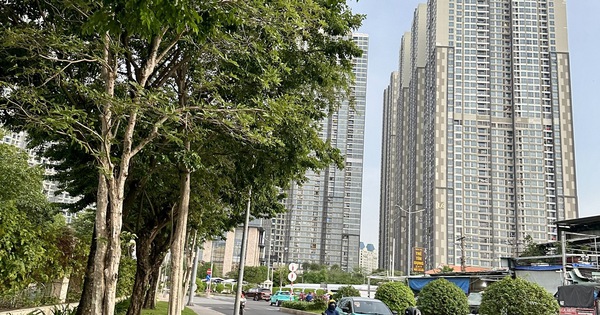

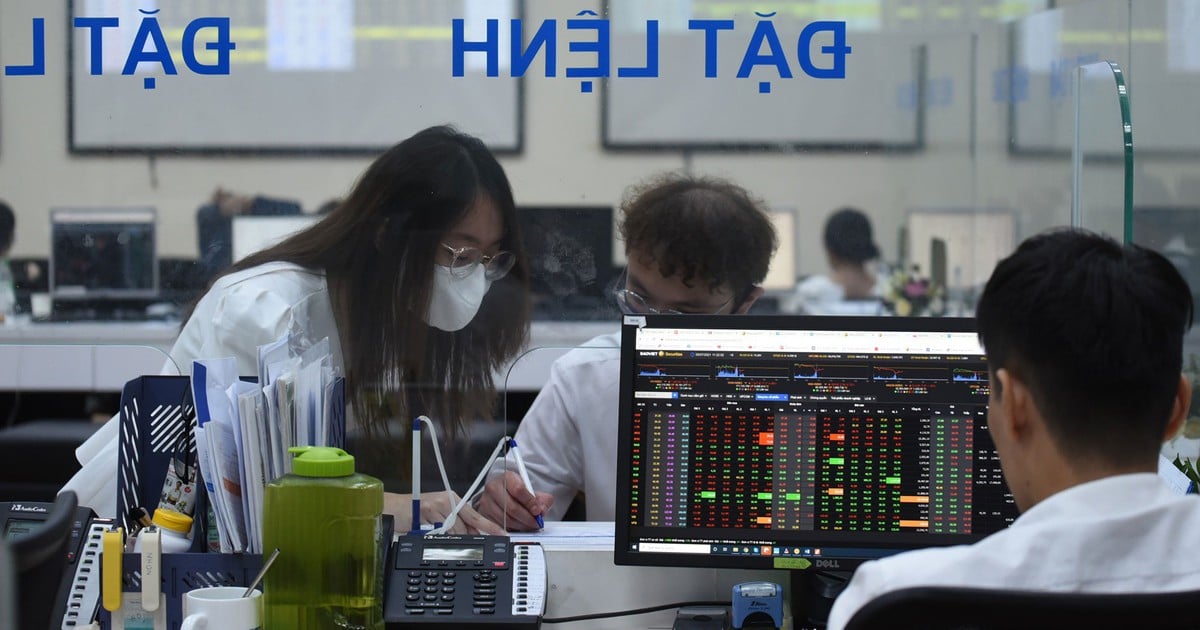
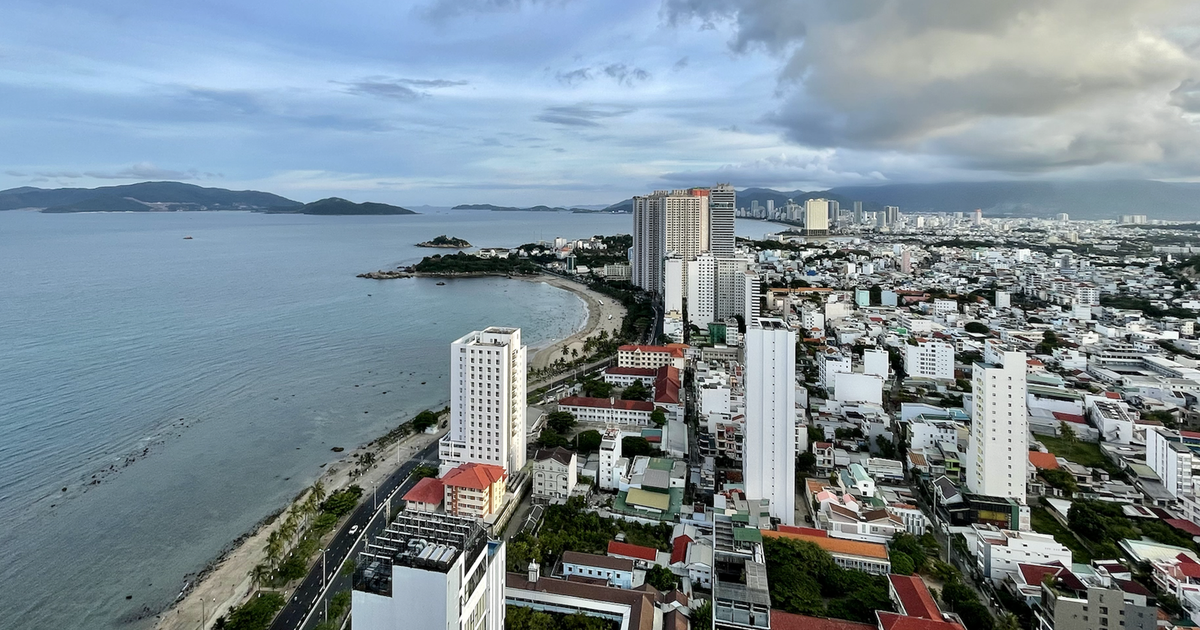
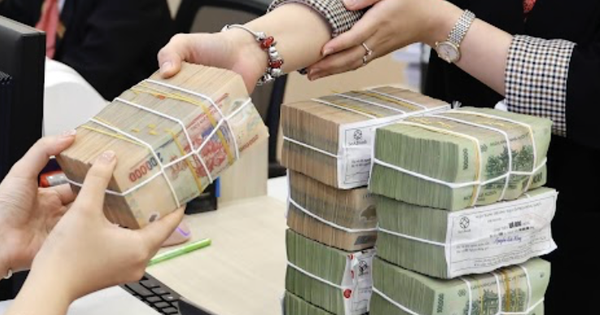
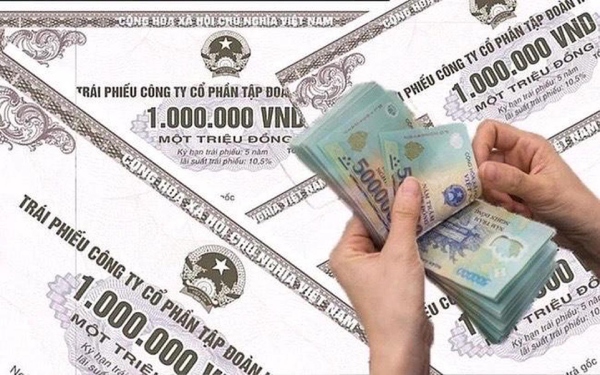



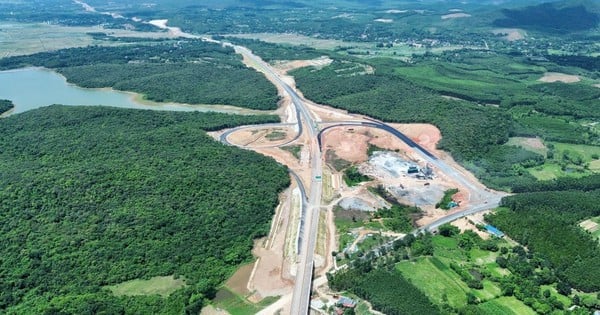


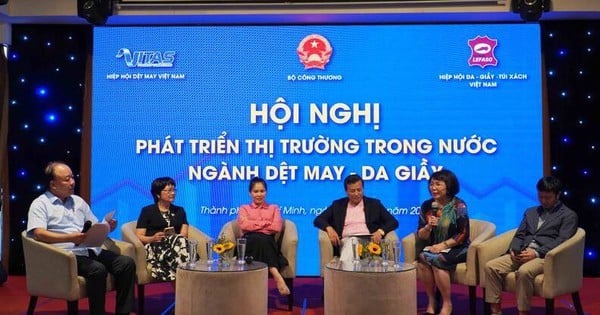
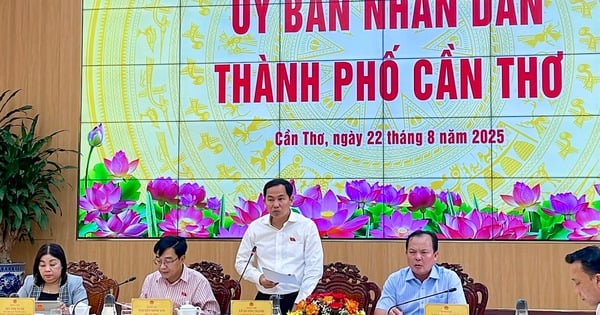


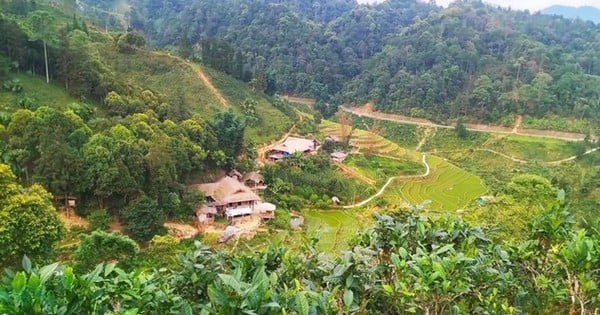




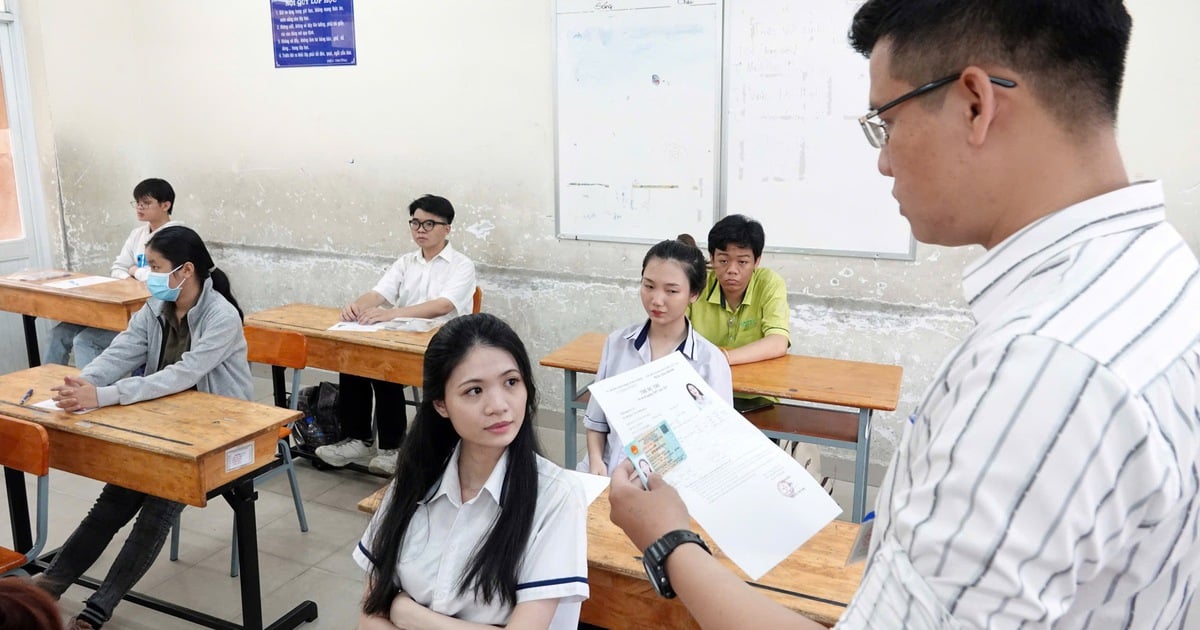

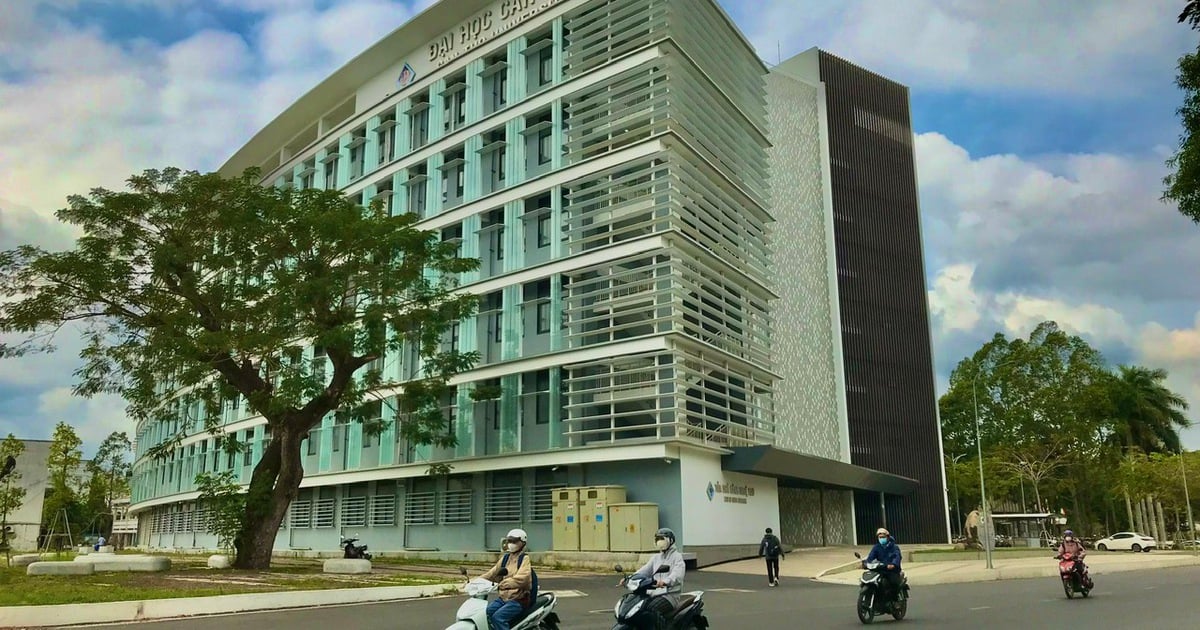
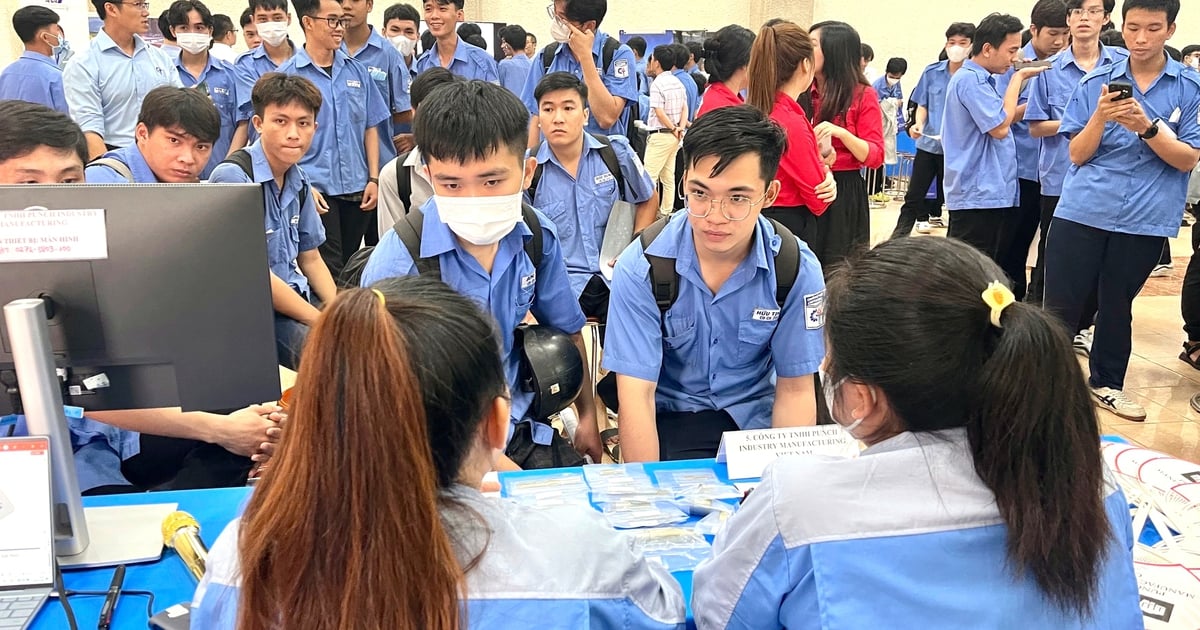
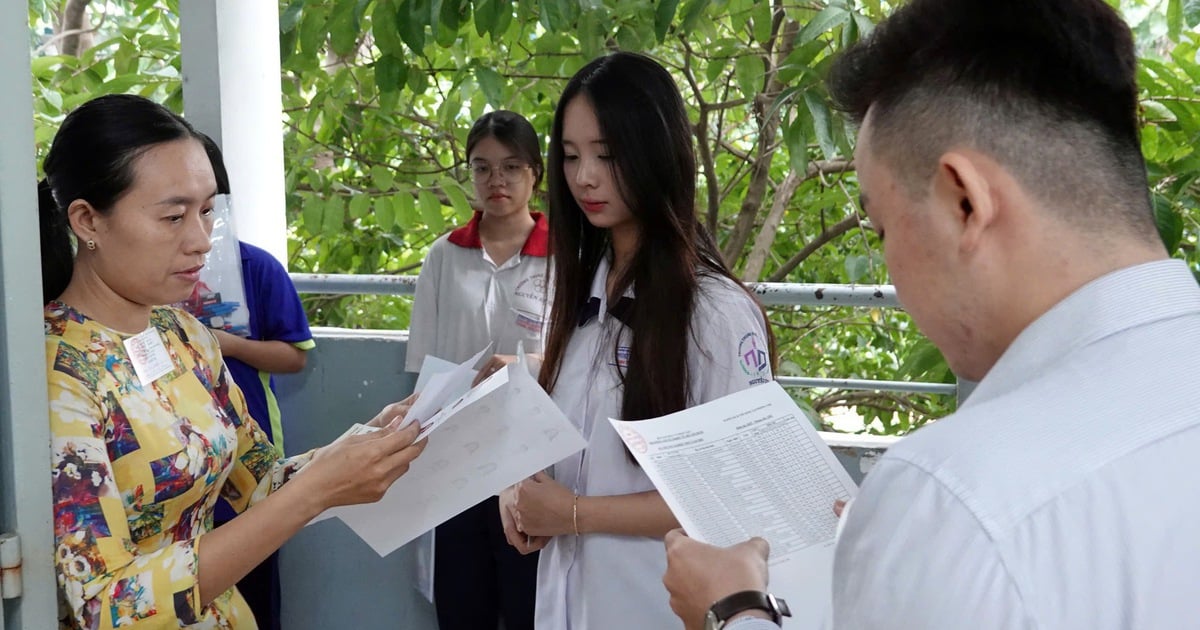













































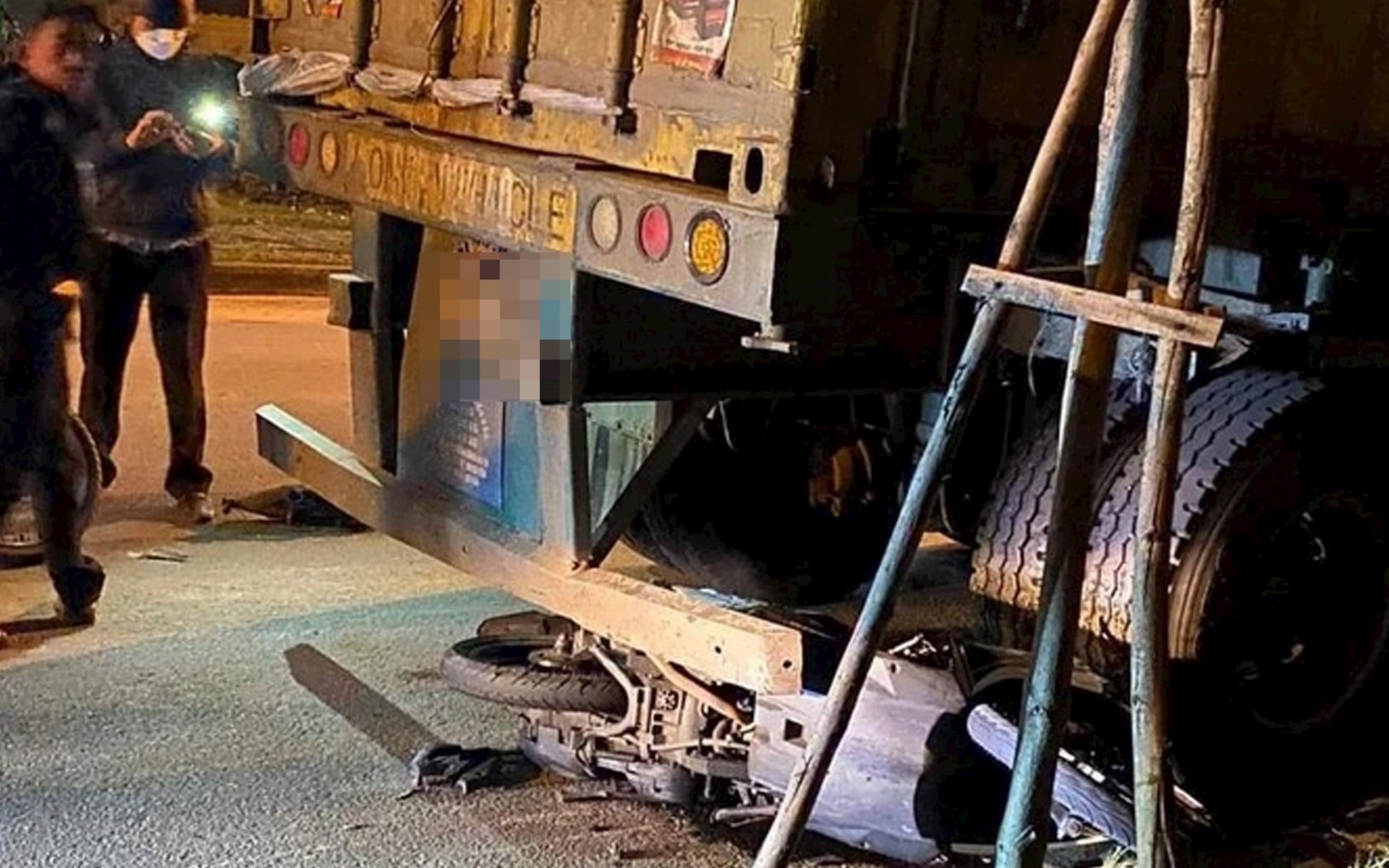



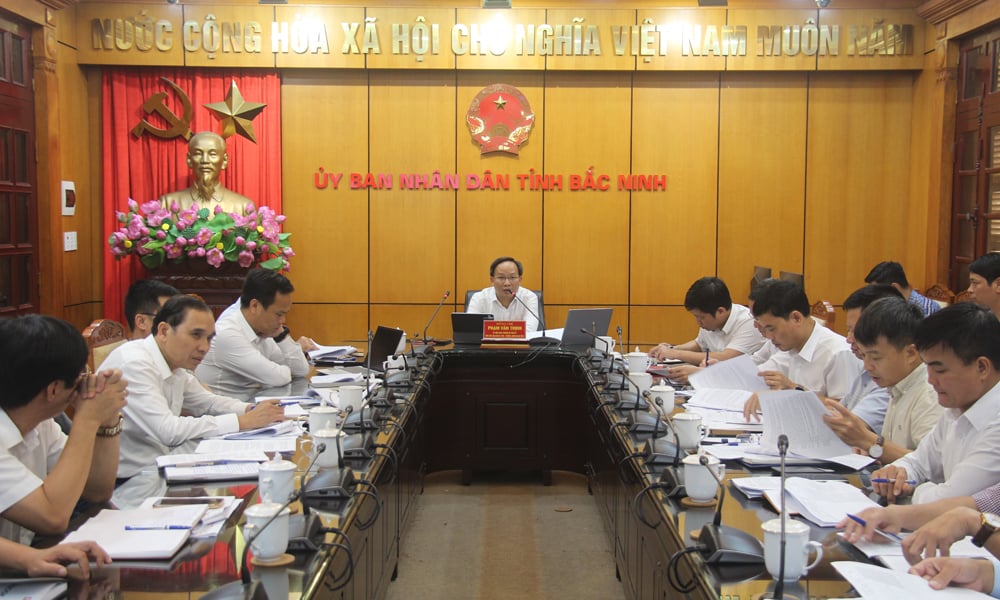

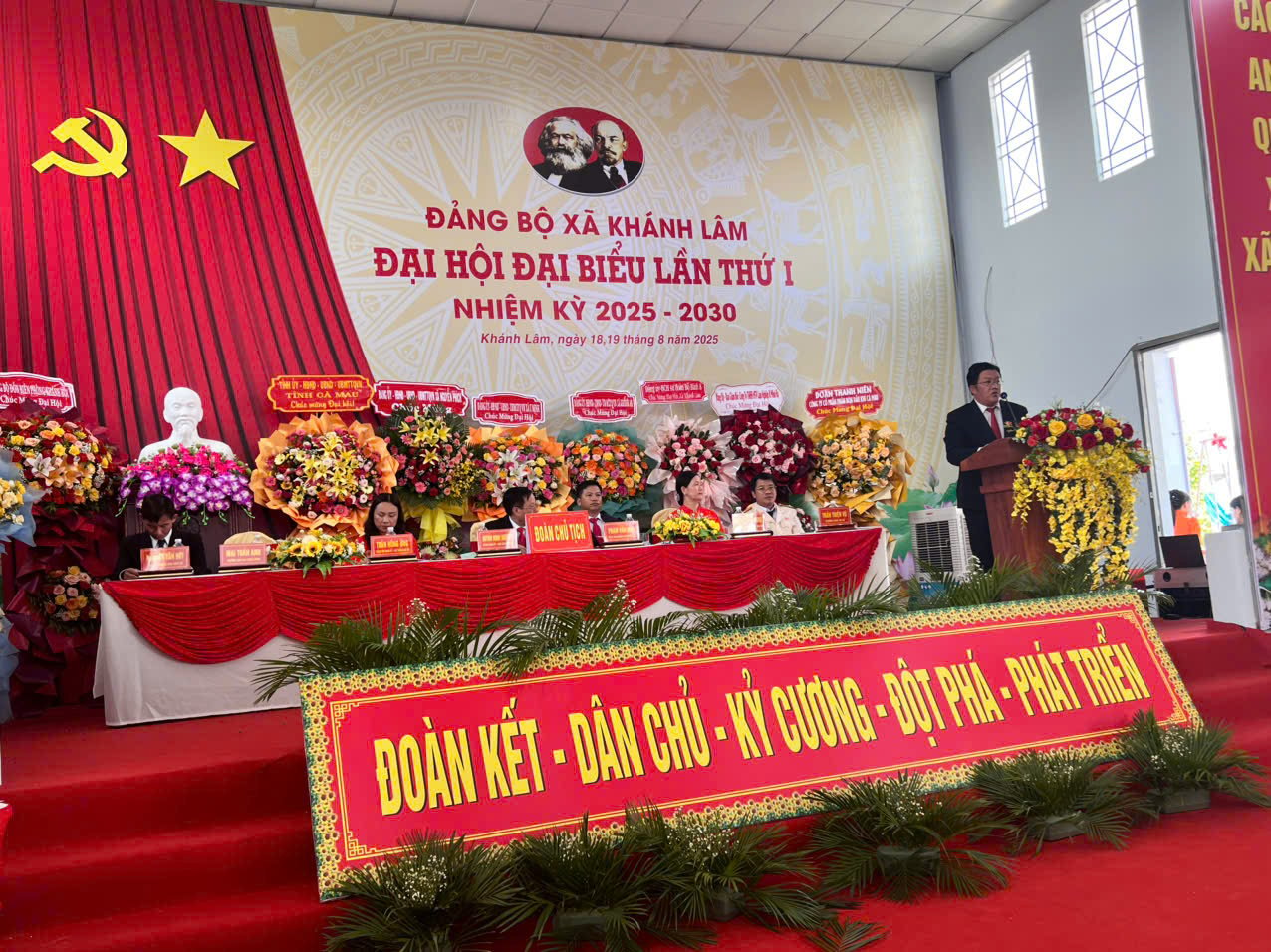


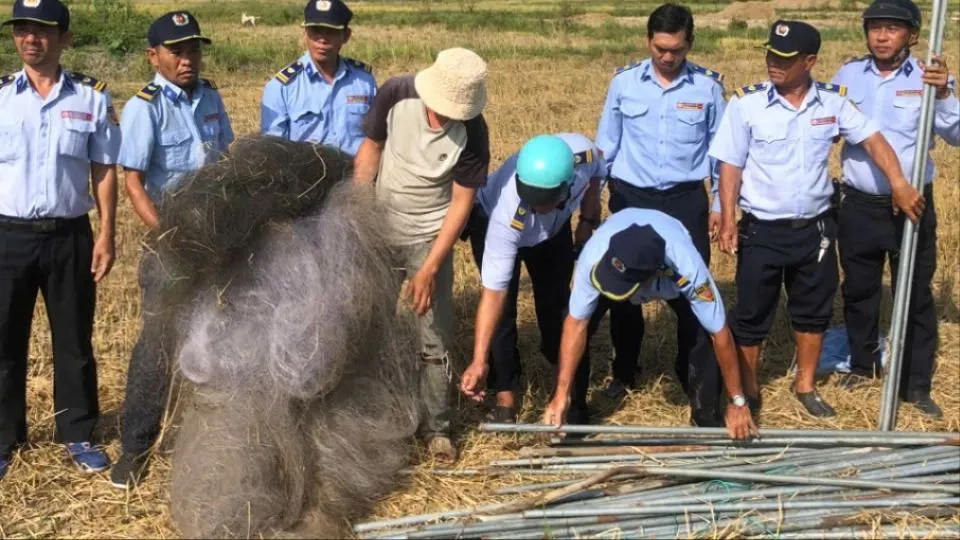













Comment (0)